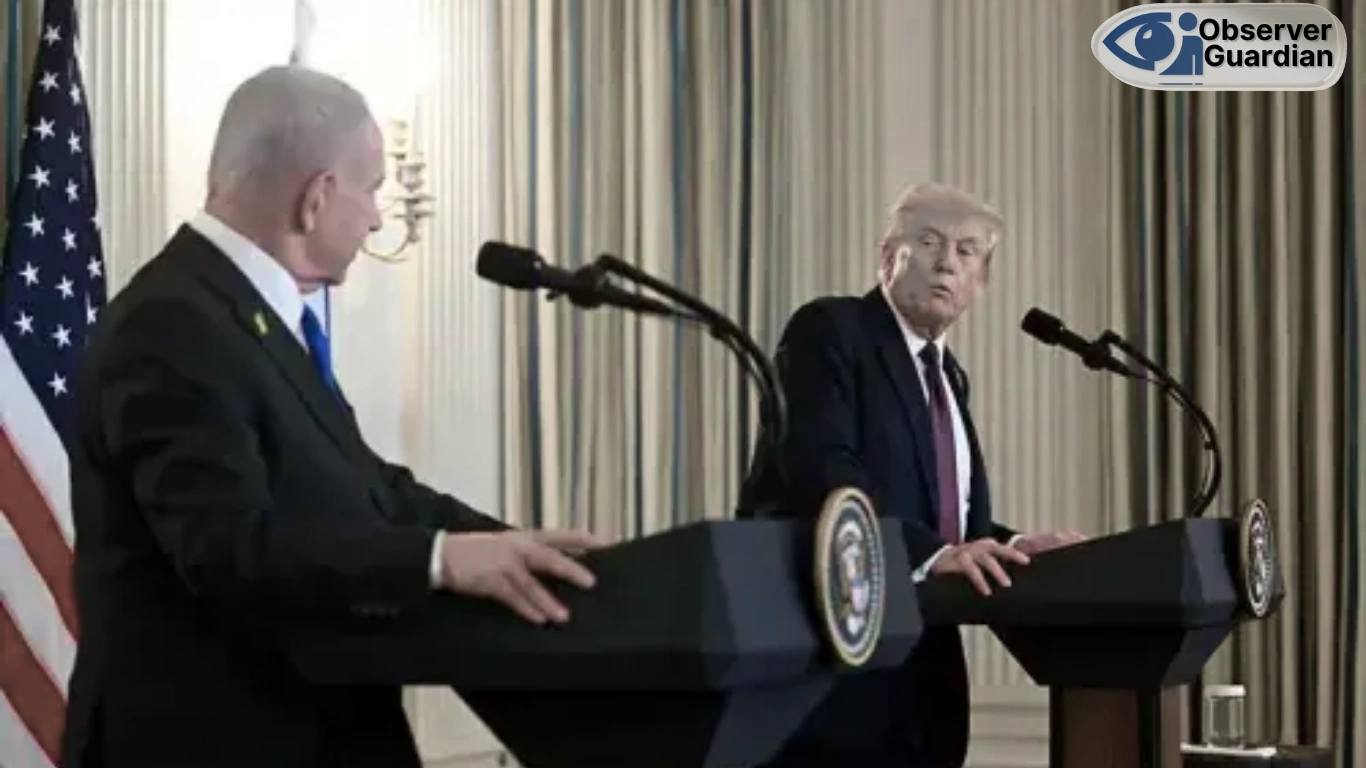Despite misgivings, Muslim bloc ‘may still support’ Trump’s Gaza plan
It is a bit surprising, but despite all the grumbling, Muslim majority countries might still end up backing Trump’s Gaza plan. Not because they suddenly love it, but because walking away leaves them with no leverage.
The truth is, a lot of them don’t trust the details. The whole idea of an international stabilization force in Gaza sets off alarms. Nobody wants to commit troops when it is not clear who is really in charge, what their rules would be, or how long they would be stuck there. And politically, signing onto something that critics say leans toward Israel could easily blow back at home.
That said, there are reasons they have not shut the door. For starters, the plan does include a few concessions that no recognition of West Bank annexation, and an explicit promise that Palestinians would not be pushed out of Gaza. For countries like Egypt, there’s also the very practical lure of reconstruction money. Rebuilding Gaza’s infrastructure means contracts, investment, and influence.
So instead of rejecting it outright, they seem to be taking the “stay at the table” approach. If they engage, they can at least push for changes on how Israel withdraws, what kind of governance Gaza gets, and whether Palestinians have real autonomy. If they boycott, they’re just spectators.
Still, nobody’s rushing to send troops or hand out blank checks. Support, if it comes, will almost certainly be conditional. They’ll want international cover, maybe even UN approval, and a lot more clarity about who controls what.
In the end, it is less about embracing Trump’s plan and more about damage control. The Muslim bloc does not want to be seen as rubber stamping something unpopular, but they also know staying involved gives them some say over the outcome.







